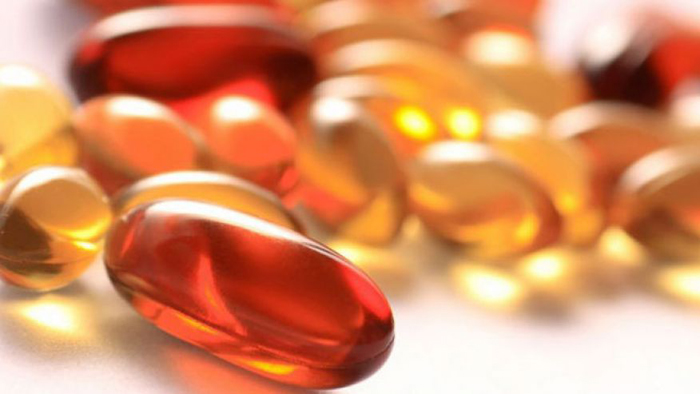“This amount of strength gain was above our expectations,” lead author Dr. L.M. Cangussu told FoxNews.com by email.
Following menopause, vitamin D deficiency is common.
“The menopause process causes hypoestrogenism, which causes decreased strength and muscle mass,” Cangussu said. “This loss of muscle mass and strength leads to increased risk of falls and fractures.”
The study, which was presented Wednesday at the 2015 Annual Meeting of The North American Menopause Society (NAMS), consisted of 160 women ages 50 to 65. Women in the supplement group received 1000IU of cholecalciferol, a form of vitamin D3, daily. The team used vitamin D3, as it has the highest absorption in the body, which leads to a quicker benefit compared to other forms of vitamin D.
According to the National Institutes of Health, Vitamin D is a fat-soluble vitamin that is naturally present in few foods and is produced when ultraviolet (UV) rays from the sun hit the skin and start synthesis. The body uses it to promote calcium absorption in the gut, as well as for bone growth and remodeling.
Researchers observed that supplementation could increase loss of body muscle mass in women as late as over 12 years after menopause. Study authors said this is the first study to prove vitamin D supplementation alone was protective against musculoskeletal complications in younger women, and they noted that previous studies were associated with an older population.
“The recommended dosage depends on the clinical condition of the individual patient, but according to IOF (International Osteoporosis Foundation), the minimum daily dosage recommendation is 800IU per day for postmenopausal women,” Cangussu said.
The study is expected to be published in two parts in early 2016 in the journal Osteoporosis International and Menopause.
More about:
















































